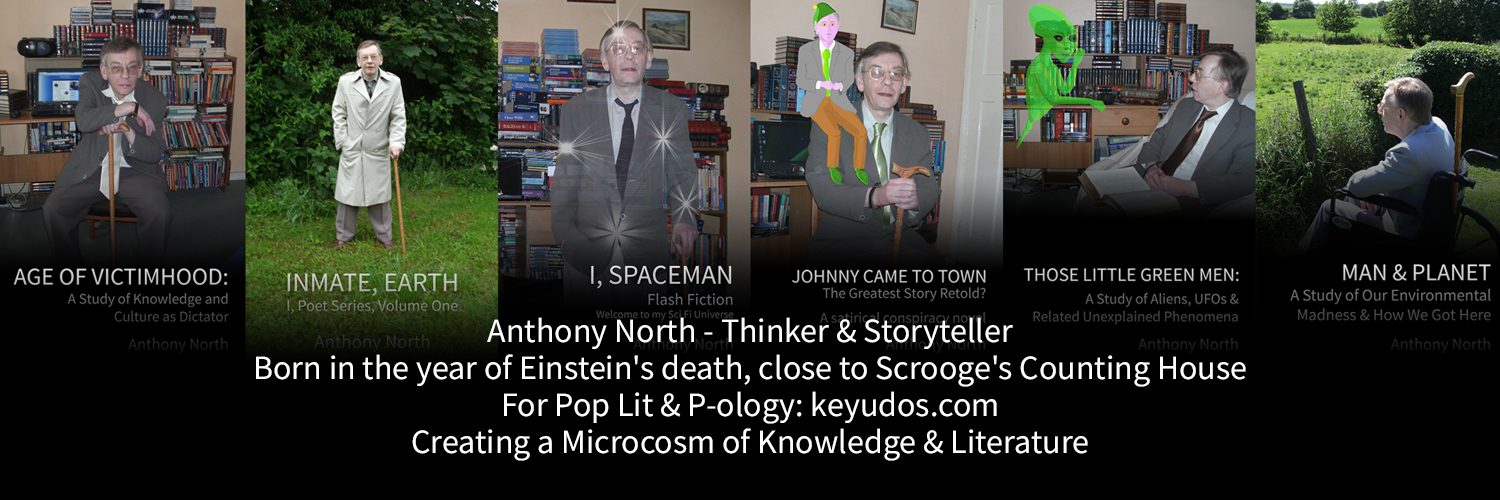
Questions are intellectual milestones along a journey of discovery. I say ‘questions’, and not ‘answers’, because whilst questions are definite, answers rarely are.
In all my years of research, answers have been elusive. Indeed, I’m satisfied that what we class as an ‘answer’ is really the latest definition of how we see ourselves as being, rather than a reality. This is so for a specific reason. We always answer a question within a paradigm.
 LINEAR OR CYCLIC?
LINEAR OR CYCLIC?
Questions mainly come in two forms – ‘how’ and ‘why’. ‘How’ questions are based within a scientific methodology, whilst ‘why’ questions tend to be of a religious or spiritual nature. Prior to Monotheism, most questions seem to be about ‘why’. This was because intellect was locked in a cyclical mindset based around nature.
Most eastern philosophy is still based in this mindset. However, in the idea of the One God, monotheism broke the cycles, instigating a linear mindset where man had to advance, providing a definite beginning and an end.
This would eventually lead to the ‘how’ questions of science. But further to this, with the breaking of the cycles, our mindset moved from nature to society, and thence to the individual.
 MATERIALISM
MATERIALISM
The new paradigm was materialist, atheistic and scientific. Hence, we can see ‘how’ and ‘why’ questions as coming from specific mindsets, with any answers based fundamentally within the attitude. To me, this has proved destructive for knowledge.
Such questions should not be polarities – should not lead to conflict – but should form a duality of knowledge – distinctly different, yes, but in intellectual balance. The day we realize the importance of this duality of knowledge, then knowledge may be just that.
